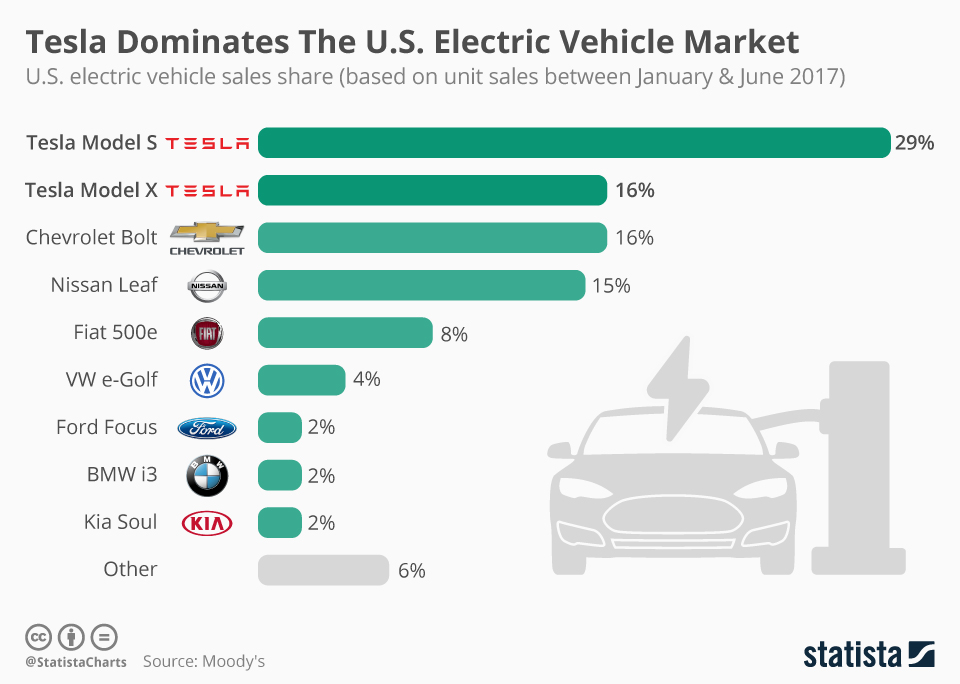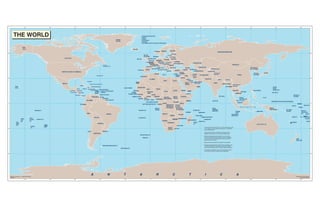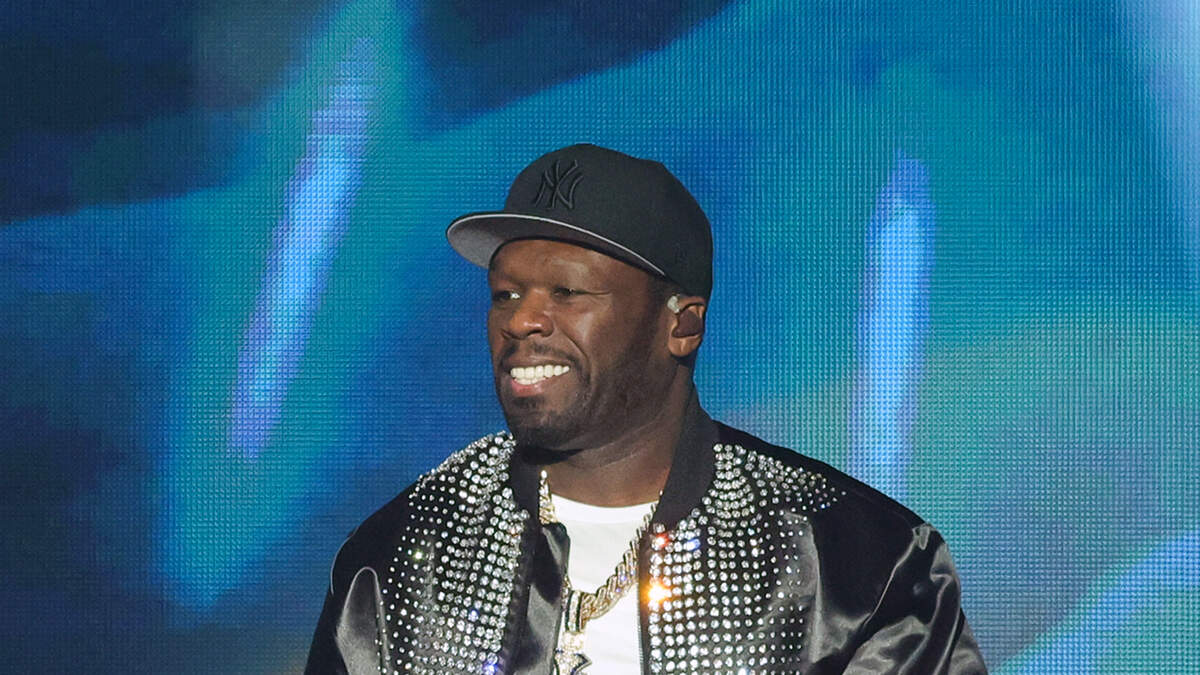Brazil's EV Market Shift: BYD's Expansion And Ford's Decline

Table of Contents
BYD's Aggressive Expansion in the Brazil EV Market
BYD's rapid ascent in the Brazil EV market is a compelling case study in strategic market entry. Their success can be attributed to a multi-pronged approach focusing on competitive pricing, strong branding, and a commitment to local adaptation.
Competitive Pricing and Models
BYD's success stems from offering competitively priced EVs tailored to the Brazilian market. They haven't just imported vehicles; they've adapted their offerings to suit local needs and preferences.
- Focus on models like the BYD Tang and BYD Han: These models offer a compelling blend of features, performance, and affordability compared to competitors, making them attractive to a wider range of Brazilian consumers. Their spacious interiors and advanced technology are key selling points.
- BYD's Blade Battery technology: This innovative battery technology offers superior range, improved safety, and a smaller footprint, contributing to the overall value proposition of BYD vehicles in the Brazil EV market. The enhanced range is particularly crucial given Brazil's diverse geography.
- BYD's localization strategy: BYD isn't just importing cars; they're investing in local manufacturing and partnerships, fostering economic growth and strengthening their position within the Brazilian automotive ecosystem. This reduces import costs and boosts local jobs.
Strong Brand Building and Marketing
BYD hasn't just relied on product quality; they've invested heavily in building a strong brand image that resonates with Brazilian consumers.
- Targeted marketing campaigns: BYD's marketing campaigns effectively target environmentally conscious consumers, highlighting the sustainability benefits of electric vehicles and positioning themselves as a leader in green technology. Their use of digital marketing and social media has been particularly impactful.
- Public relations efforts: BYD has actively engaged in public relations, emphasizing its commitment to sustainable mobility and showcasing its advanced EV technology through events and media outreach. This has helped cultivate a positive brand perception among environmentally conscious Brazilians.
- Investment in charging infrastructure: Recognizing that charging infrastructure is crucial for EV adoption, BYD is actively investing in and partnering with companies to expand the charging network across Brazil, addressing a key concern for potential EV buyers.
Ford's Challenges and Decline in the Brazilian Automotive Market
In contrast to BYD's aggressive expansion, Ford's performance in the Brazilian EV market has been comparatively lackluster. Several factors contribute to their relative decline.
Decreased Investment in Electric Vehicles
Ford's limited investment in the electric vehicle segment in Brazil has left them significantly behind competitors.
- Limited EV portfolio: Ford's current EV portfolio in Brazil is significantly smaller and less competitive compared to BYD's offerings. This lack of choice limits their appeal to Brazilian consumers.
- Investment prioritization: Ford's overall investment strategy in Brazil appears to prioritize other vehicle segments, leaving the electric vehicle sector relatively underserved. This lack of commitment signals a missed opportunity in a rapidly growing market.
- Brand perception: Ford's brand perception among Brazilian consumers regarding electric vehicles might be lagging, further hindering its ability to compete effectively with brands that have established a strong presence in the EV space.
Economic Factors and Market Competition
Economic fluctuations and intense competition have further exacerbated Ford's challenges in the Brazilian market.
- Economic climate: The overall economic climate in Brazil, including fluctuations in currency exchange rates and consumer purchasing power, has impacted consumer demand for vehicles, including EVs, negatively affecting Ford's sales.
- Competitive landscape: The Brazilian automotive market is fiercely competitive, and Ford faces pressure from both established players and new entrants offering a wider range of attractive EV options. This intense competition has eroded Ford’s market share.
- Competitor strategies: Other significant players in the Brazilian auto market are aggressively pursuing EV strategies, further intensifying the pressure on Ford to catch up.
Government Policies and Infrastructure Development
Government policies and infrastructure development play a pivotal role in shaping the Brazil EV market. These factors impact both the demand and supply sides of the equation.
Incentives and Regulations for Electric Vehicles
Government initiatives are crucial in driving EV adoption in Brazil.
- Government incentives: The Brazilian government's incentives, tax breaks, and subsidies for EV buyers and manufacturers significantly influence market dynamics. The level and type of support directly impact consumer purchasing decisions and manufacturer investment.
- Charging infrastructure development: The pace of charging infrastructure development across Brazil is critical. A robust and widespread charging network is essential to alleviate range anxiety and encourage EV adoption.
- Import tariffs: Import tariffs on EVs affect their pricing and availability in the market. Lower tariffs can make EVs more affordable and accessible to Brazilian consumers.
Conclusion
The shift in Brazil's EV market, exemplified by BYD's rise and Ford's relative decline, highlights the dynamic nature of the automotive industry. BYD's strategic pricing, strong marketing, and focus on local adaptation have positioned it for significant success, while Ford's limited investment in EVs and challenges in a competitive market have hampered its growth. The Brazilian government's policies and the development of charging infrastructure will also play a crucial role in determining the future landscape of the Brazil EV market. Understanding these factors is critical for both established and emerging players seeking to navigate this rapidly evolving sector. To stay informed on the latest developments in the exciting Brazilian EV market, continue to follow industry news and analysis. Learn more about the future of the Brazil EV market and the impact of electric vehicle adoption.

Featured Posts
-
 Byds International Growth Benin Seychelles Croatia Slovakia Cambodia And A Record Breaking Vessel
May 13, 2025
Byds International Growth Benin Seychelles Croatia Slovakia Cambodia And A Record Breaking Vessel
May 13, 2025 -
 Tory Lanez And 50 Cent Respond To Megan Thee Stallions Guilty Verdict Prediction 1035 The Beats Take
May 13, 2025
Tory Lanez And 50 Cent Respond To Megan Thee Stallions Guilty Verdict Prediction 1035 The Beats Take
May 13, 2025 -
 Improve Your Mental Wellbeing Dog Walking Event In Didcot
May 13, 2025
Improve Your Mental Wellbeing Dog Walking Event In Didcot
May 13, 2025 -
 Natural Fiber Composites Market Global Forecast And Analysis To 2029
May 13, 2025
Natural Fiber Composites Market Global Forecast And Analysis To 2029
May 13, 2025 -
 Will Devon Sawa Return For The Final Destination 25th Anniversary
May 13, 2025
Will Devon Sawa Return For The Final Destination 25th Anniversary
May 13, 2025
